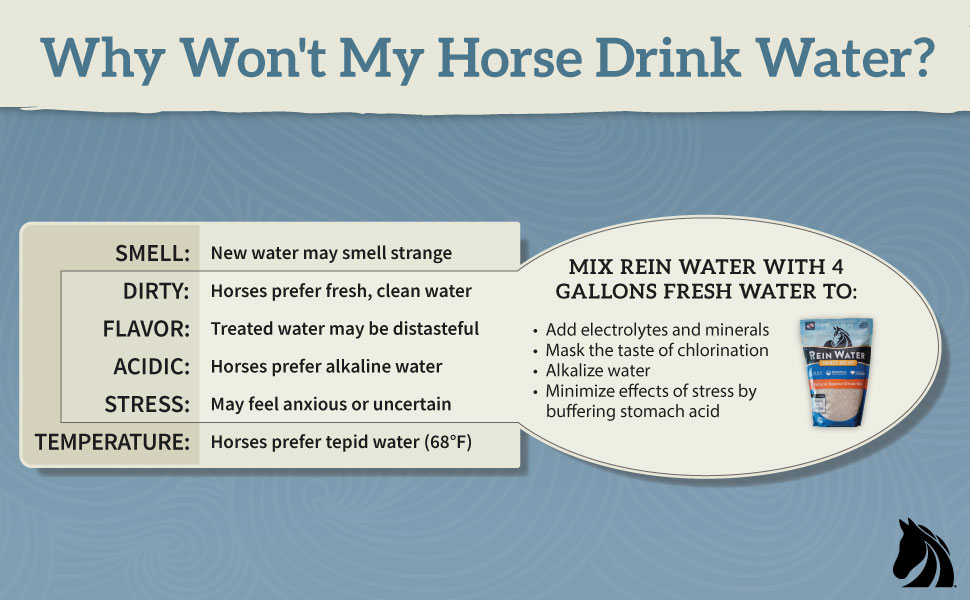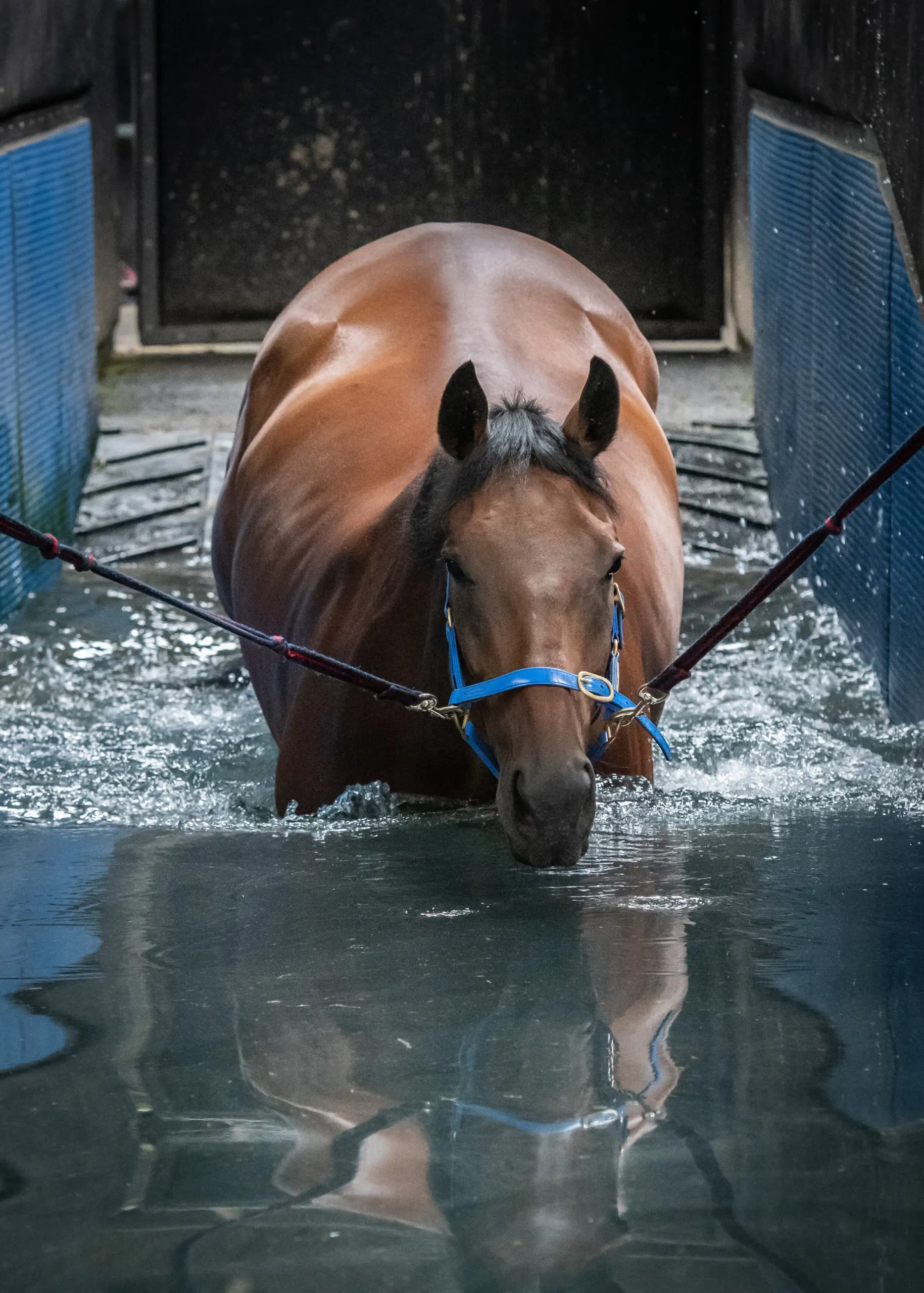The Importance of Good Horse Hydration

Proper hydration is essential for maintaining the health, performance, and well-being of horses. Just like humans, horses require adequate water intake to support vital bodily functions, regulate temperature, and prevent dehydration-related illnesses. This article explores why good hydration is crucial for horses, signs of dehydration, and best practices to ensure your horse stays well-hydrated.
Why Hydration Matters for Horses
Water makes up about 60-70% of a horse’s body weight and is involved in nearly every physiological process. Key reasons hydration is important include:
- Thermoregulation: Water helps horses regulate their body temperature, especially during exercise or hot weather.
- Digestion: Adequate water intake aids in the digestion of feed and prevents colic, a common and potentially serious digestive disorder.
- Joint and Tissue Health: Water lubricates joints and cushions tissues, supporting mobility and comfort.
- Detoxification: Water assists in flushing toxins from the body through urine and sweat.
Signs of Dehydration in Horses
Recognizing dehydration early can prevent serious health issues. Common signs include:
| Sign | Description |
|---|---|
| Dry gums | Gums feel tacky or sticky instead of moist |
| Sunken eyes | Eyes appear dull or recessed |
| Skin tenting | Skin remains elevated when pinched and released |
| Reduced urination | Less frequent or darker urine |
| Lethargy | Unusual tiredness or weakness |
How Much Water Does a Horse Need?
The amount varies based on factors such as size, activity level, diet, and weather conditions. On average:
- A mature horse drinks between 5 to 15 gallons (19 to 57 liters) of water daily.
- Increased water intake is necessary during hot weather, heavy work, or lactation.
Best Practices for Ensuring Good Hydration
- Provide Constant Access to Clean Water: Horses should always have fresh, clean water available.
- Monitor Water Intake: Keep track of how much your horse drinks, especially during changes in weather or workload.
- Use Electrolytes When Needed: Electrolyte supplements can help replace minerals lost through sweat.
- Feed Moisture-Rich Forage: Including fresh grass or soaked hay can increase water intake.
- Avoid Sudden Changes: Gradually introduce changes in water source or feeding to prevent digestive upset.
FAQ
Q1: Can horses drink too much water?
A: While rare, excessive water intake can lead to water intoxication, but this is uncommon in healthy horses.
Q2: How can I encourage a picky horse to drink more?
A: Try offering water at different temperatures, adding flavor enhancers like apple juice, or providing multiple water sources.
Q3: What are the risks of dehydration?
A: Dehydration can cause colic, kidney damage, heat stress, and in severe cases, death.
Maintaining proper hydration is a cornerstone of equine care that supports overall health and performance. By understanding the importance of water and monitoring your horse’s hydration status, you can help ensure a happy, healthy horse.
